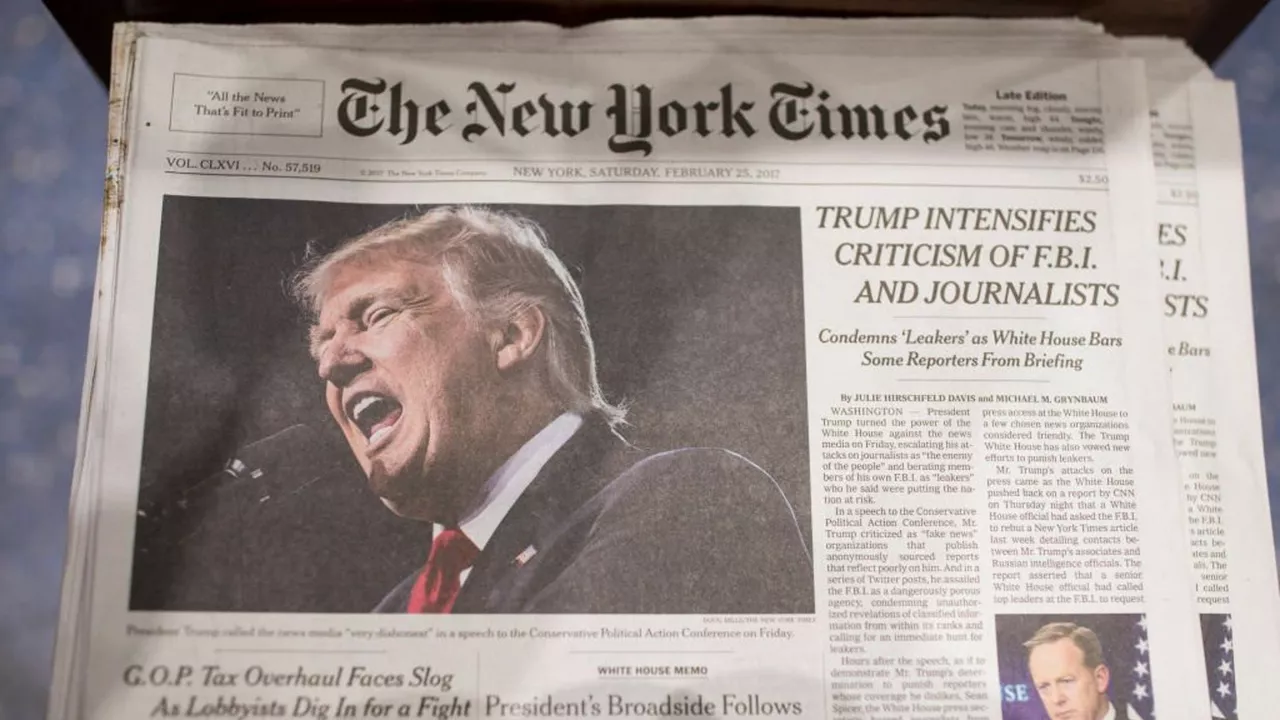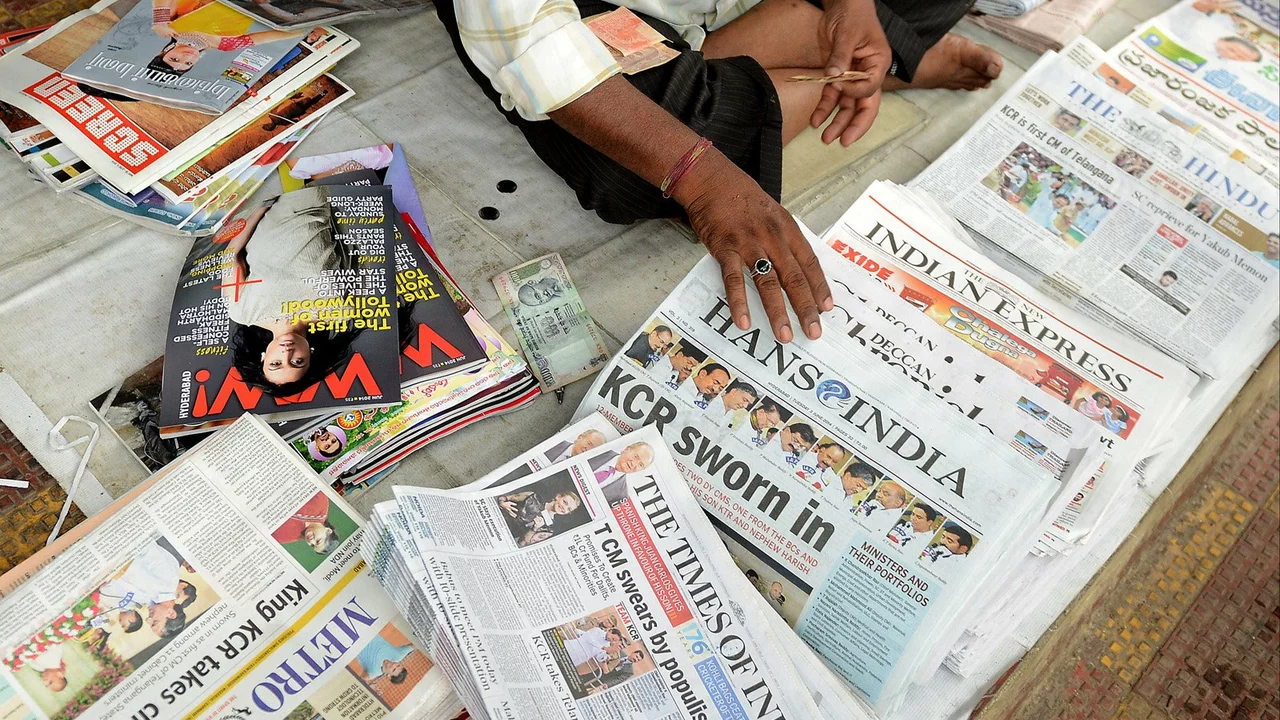Criticism – Fresh Takes on Hot Topics
Everyone loves a good discussion, especially when it challenges the status quo. On this page you’ll find short, straight‑to‑the‑point pieces that question policies, media coverage, and everyday habits. Whether you’re looking for a fresh angle on reservation in job promotions or wondering if the BBC Hindi service has gone biased, we’ve gathered the most talked‑about criticism articles in one spot.
Why criticism matters
Criticism isn’t just about pointing out flaws; it’s a way to improve the things we rely on. When someone questions a reservation rule, they’re actually asking whether the rule serves its original goal of equal opportunity. When a reader doubts a media outlet’s neutrality, the question becomes: are we getting the whole story? By examining these issues, we give readers the tools to form their own informed opinions.
Take the debate on reservation in job promotions. Some argue it’s not a fundamental right, while others claim it protects historically marginalized groups. The discussion forces policymakers to balance meritocracy with social justice, and it pushes employees to think about fairness in the workplace.
Another hot topic is media bias. Critics of BBC Hindi claim the channel now pushes a particular agenda, ignoring balanced reporting. That criticism prompts listeners to compare multiple news sources and to look for missing viewpoints. In the end, the audience ends up better equipped to separate fact from spin.
Top recent debates
Below are snapshots of the latest criticism articles that are sparking conversation:
Reservation in job promotions – not a fundamental right? This piece dives into a recent decision that reservation for promotions isn’t a constitutional guarantee. The author lays out how the ruling could affect affirmative action and asks whether merit should be the sole criterion for advancement.
Do Indians eat too much? The author explores common stereotypes around Indian eating habits, pointing out that the country’s culinary diversity makes any broad claim unrealistic. The article urges readers to focus on balanced diets rather than labeling an entire nation.
Did BBC Hindi become a biased news agency? Critics claim the channel now favors certain narratives. The article highlights specific examples of selective coverage and calls for more transparent reporting standards.
Life coaching scope in India – While not a direct criticism, the piece questions whether the booming life‑coaching industry delivers real value or just promises vague self‑help solutions. It encourages potential clients to demand measurable outcomes.
Each article follows the same pattern: a clear statement of the issue, examples that illustrate the point, and a call for readers to think beyond the headline. That structure makes it easy to skim, digest, and share with friends who enjoy a good debate.
If you’re new to criticism, start with the topics that touch your daily life – employment policies, media consumption, or even diet trends. The more you engage, the better you’ll become at spotting bias, asking the right questions, and contributing constructively to public conversations.
Got a perspective you think is missing? Feel free to comment on any article and join the community of readers who aren’t afraid to challenge the norm. Criticism works best when many voices add their pieces to the puzzle.
Keep coming back for fresh takes, because the issues discussed here evolve fast, and staying informed means staying ahead of the curve.
Why is The New York Times so critical of India?
Alrighty folks, let's venture into this spicy topic. Ever wondered why the New York Times seems to have a grudge against India? It's like they're playing a game of "Whose Country Can We Criticize More?" and India's their favorite contestant! Some say it's about political bias, others argue it's due to their Western perspective. Bottom line, it's a complex soup of factors, but the flavor sure seems to lean towards the 'critical of India' side!
Read moreDo you hate Indian news channels?
As a viewer, I've been observing Indian news channels and it's clear there's a growing sentiment of dissatisfaction among the audience. The excessive sensationalism, lack of objective reporting, and incessant debates often overshadow the actual news. The intertwined relationship between politics and media also influences the content, raising questions about the credibility of these channels. While it would be unfair to say I hate them, it’s definitely disheartening to see the current state of affairs. I believe there’s an urgent need for reform to reclaim the essence of true journalism.
Read more
